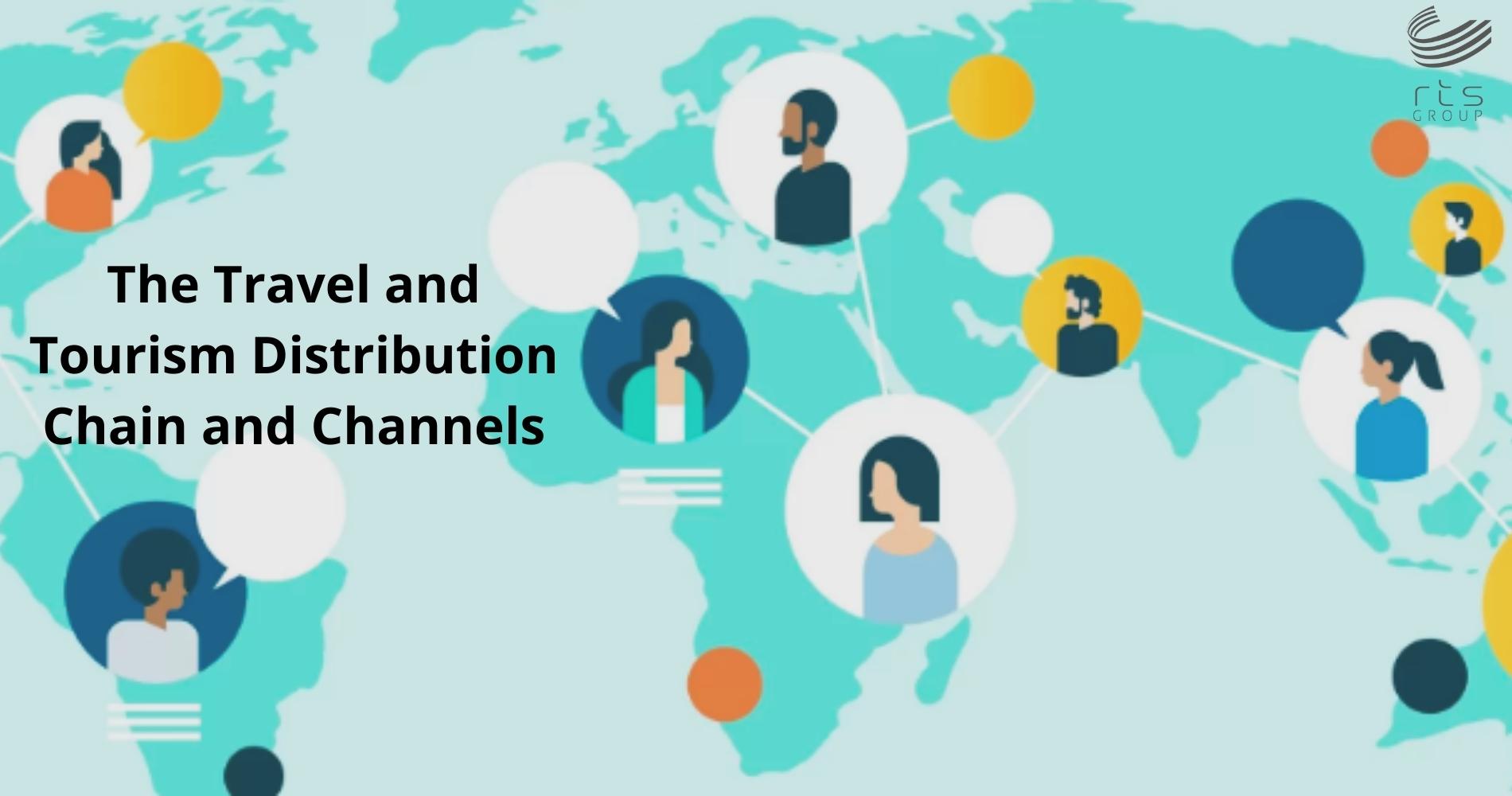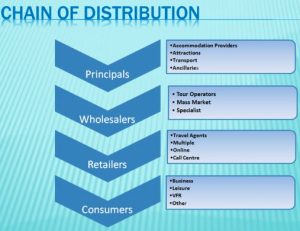
The Travel and Tourism Distribution Chain and Channels
As a vital link between the travel service providers and the consumers, the travel and tourism Distribution Chain and Channels play a fundamental role. It's clear that digital platforms and travel technology have transformed the travel industry. New distribution channels are making an impact on traditional travel agencies and tourism boards around the world. To meet the changing needs of consumers, travel service providers are introducing new business models to adapt. New technologies are being used by travel service providers to tailor offers to consumers. Distribution channels are being created that add value to the travel ecosystem. New technologies can be utilized by travel service providers to make personalized offers to their clients. Among the distribution channels are travel agencies, tour operators, consolidators, tour operators, wholesalers, online travel agencies (OTAs), global distribution systems (GDSs), travel technology providers, and search engines.
Due to the fact that consumers are overwhelmed with information, online travel agencies have become increasingly popular in recent years. They facilitate the exchange of information between travel service providers and consumers. As a result of disruptive technologies, online travel agencies, and new business models, travel distribution channels are being impacted. Travel companies often operate complex business models and distribution channels are helping them to segment their customers.
There are four key elements within the typical chain of distribution that are commonly noted.

- Principals
A travel product consists of a number of different components that make up the principals. It is the principles that are being sold to the consumer that constitute the core of the product. It is important to note that the tourism industry consists of a wide array of products and services including accommodation, transportation, attraction tickets, and ancillary products and services. In order to make the choice to purchase a leisure travel package, we will consider an example of a leisure traveler who will pay for a three-night stay at Paris, which includes airfare, accommodation, audio guides, and access to the Louver and the Eiffel Tower, along with additional ancillary services such as travel insurance and foreign exchange.
- Wholesalers
There is a very long and elaborate process that travel agents use in order to sell their services to tour operators that combine a variety of aspects of the travel experience into a new travel product. In the wholesale sector of the distribution chain, tour operators provide a business-to-business (B2B) service to their clients by selling them goods to travel agents, who then send them on to the consumer (a B2C) service. As a tour operator, they have their own business plan that they follow to provide other travel businesses with the best options.
- Retailers
Consumers buy travel products directly from retailers, and retailers deal with the order process and are the ones that sell them directly to consumers. The traditional travel agencies with a physical store on the high street can include private sellers such as TUI, Hays, and Cooperative Travel in the UK .
- Consumers
Travel consumers are those people who purchase goods or services that are directly related to travel. Tourism is a broad term that encompasses many different types of travelers. It has been found that there are several types of tourists, including business travelers, leisure tourists, domestic tourists, international tourists, and people who are visiting their friends and family members
